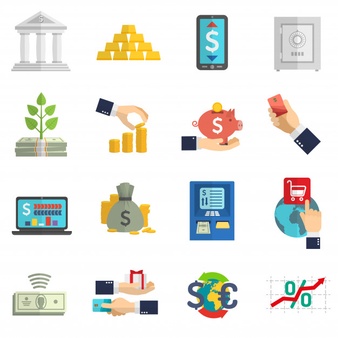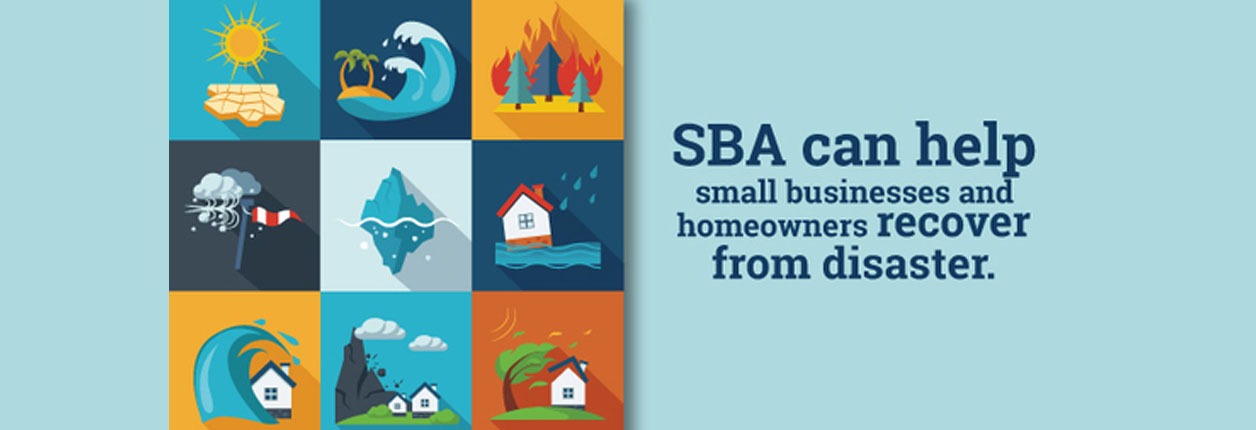best Savings Accounts for March 2021
Is a savings account worth it? Who should get one? Who shouldn’t?
If you’re not earning interest on your current savings account or if you have a low interest rate, you should consider opening a savings account. Everyone should have some sort of emergency fund and additional savings to achieve their financial goals. Anyone who has money that they intend to grow for some amount of time should have a savings account.
A savings account is not worth it for someone who can’t keep the minimum balance – especially if that means incurring a fee. But with saving accounts without a minimum balance requirement or others with a $1 minimum, you should be able to find a savings account that fits your circumstances.
Best savings accounts & rates of March 2020
Here are Bankrate’s selections for the best savings account rates from top online banks:
- Highest Rate: Comenity Direct Bank – 1.90% APY
- High Rate: Popular Direct – 1.90% APY
- High Rate: WebBank – 1.86% APY
- High Rate: Citibank – 1.85% APY
- High Rate: Vio Bank – 1.85% APY
- High Rate: HSBC Direct – 1.85% APY
- High Rate: CIBC Bank USA – 1.85% APY
- High Rate: Citizens Access – 1.85% APY
- High Rate: MySavingsDirect – 1.80% APY
- High Rate: CIT Bank – 1.75% APY
- High Rate: American Express National Bank – 1.70% APY
- High Rate: Barclays Bank – 1.70% APY
- High Rate: FNBO Direct – 1.70% APY
- High Rate: Marcus by Goldman Sachs – 1.70% APY
- High Rate: Synchrony Bank – 1.70% APY
- High Rate: PurePoint – 1.70% APY
- High Rate: Ally Bank – 1.60% APY
- High Rate: Discover – 1.60% APY
What is a savings account?
A savings account is a type of bank account found at both banks and credit unions. These federally insured accounts typically pay interest, but often at lower rates than other interest-bearing financial products insured by the government, like certificates of deposit.
In exchange for lower rates, they offer more liquidity, allowing for up to six types of withdrawals or transfers per statement cycle.
That makes savings accounts ideal for stashing money you may need access to if unexpected costs arise.
Indeed, savings accounts can play a crucial part in your financial health. Because there’s no set term for maturity with a savings account, they provide a good spot to park your emergency fund.
And safety is the name of the game with these savings products. Savings accounts are insured up to at least $250,000 at banks by the FDIC and at credit unions by NCUA.
If you are applying for a savings account, consider interest rates (APY), minimum deposits, and your financial goals when choosing a savings account. The best savings accounts will provide a high-yield APY but also give you the flexibility to securely withdraw or transfer money each statement period.
https://www.bankrate.com/banking/savings/rates/






Leave A Comment
You must be logged in to post a comment.